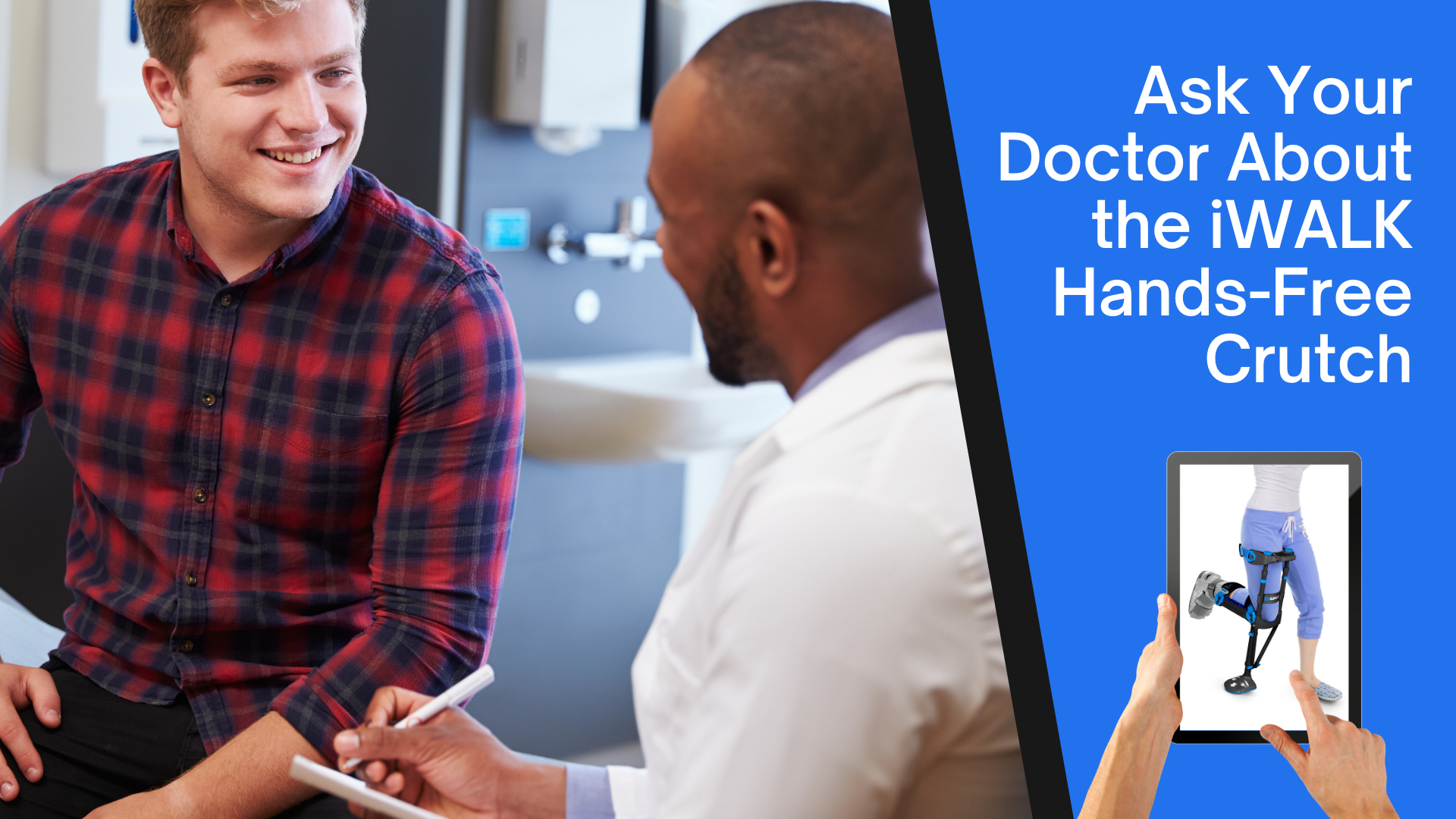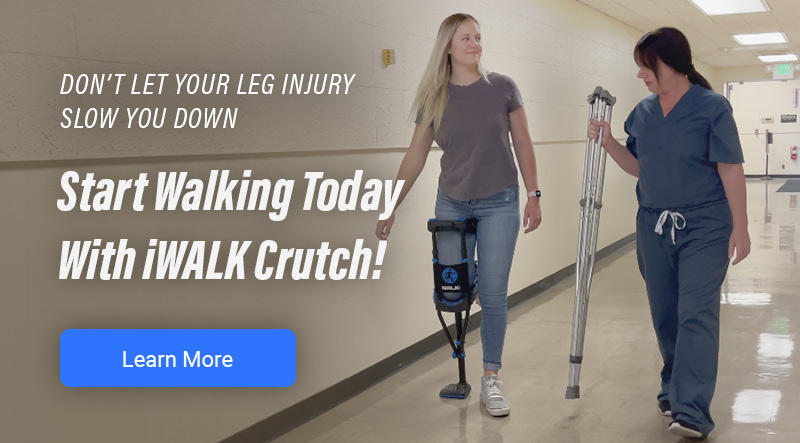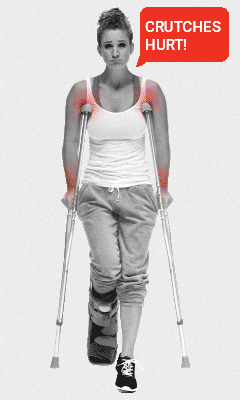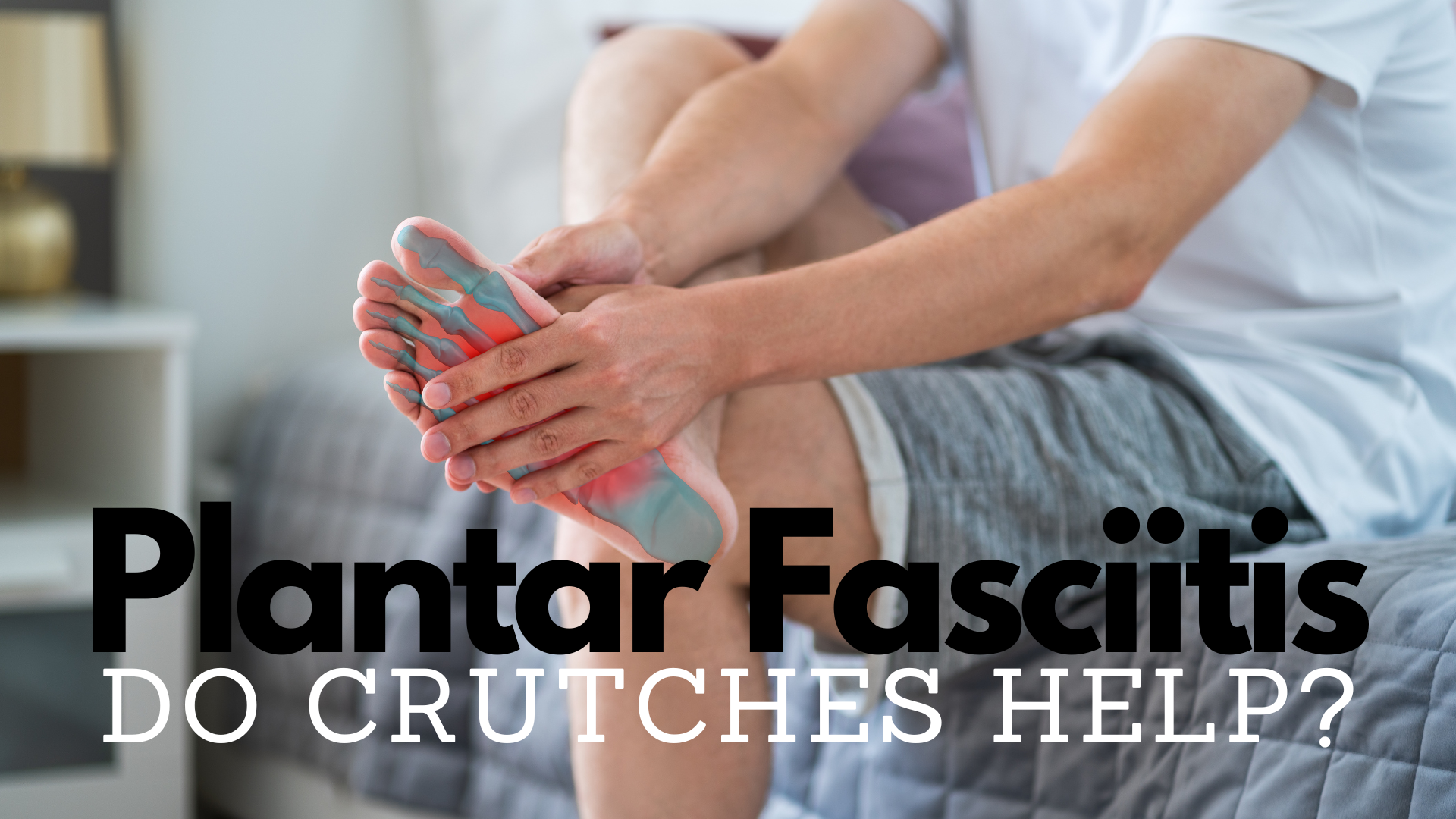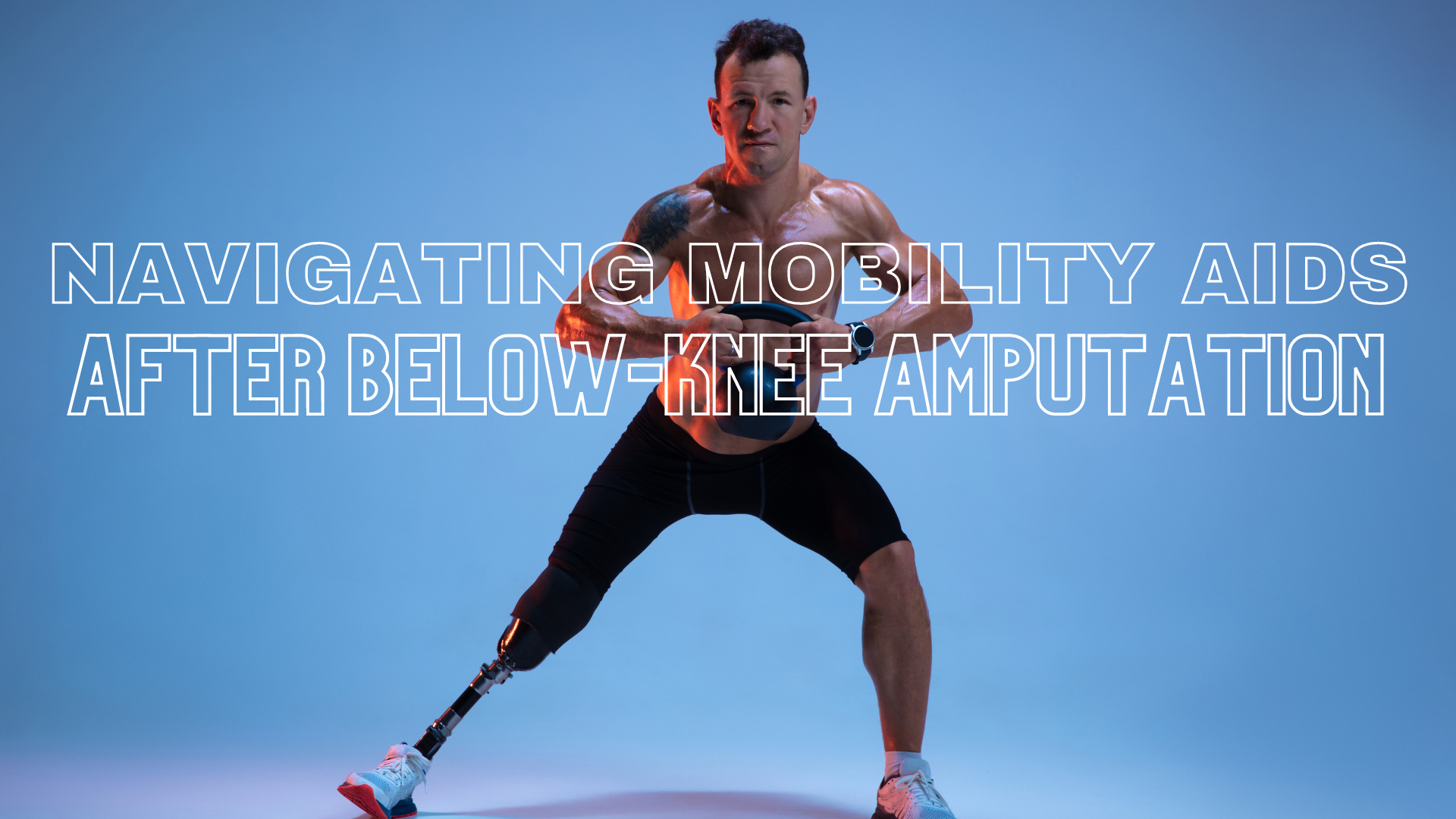The doctor-patient relationship is one of the most important relationships in healthcare. A good doctor-patient relationship is based on trust, communication, and mutual respect. Gone are the days of passive patient involvement; today, patients are encouraged to be proactive, ask questions, and take an active role in their medical care journey. In this article, we’ll delve into the importance of the patient-doctor relationship, the value of patient engagement, and specific tips for patients to enhance their healthcare experience.
The Significance of the Patient-Doctor Relationship
A strong patient-doctor relationship is not just a nicety; it’s a crucial factor in achieving optimal healthcare outcomes. A patient who feels heard, respected, and understood is more likely to openly communicate about their symptoms, concerns, and preferences. This, in turn, enables the healthcare provider to make well-informed decisions, tailored to the patient’s unique needs. Trust between patient and doctor is the foundation upon which medical care is built.
Empowering Patient Engagement in Healthcare Decisions
It’s in a patient’s best interest not to simply follow a doctor’s orders without question. Today, patients are encouraged to take an active role in their medical care. Here’s how patients can better engage with their healthcare experience:
- Ask Questions: Don’t hesitate to ask your doctor about your condition, treatment options, and potential side effects. Understanding your medical situation empowers you to make informed decisions.
- Share Your Concerns: Be open about your fears, worries, and expectations. Your doctor can provide guidance and reassurance, helping you feel more comfortable with your medical decisions.
- Do Your Research: While your doctor is the expert, doing some research can help you better understand your condition. However, ensure that your information comes from reputable sources.
- Discuss Treatment Alternatives: In many cases, there’s more than one way to approach treatment. Discuss different options with your doctor to find the one that aligns with your preferences and lifestyle.
- Advocate for Yourself: If something doesn’t feel right, speak up. You know your body best, and your concerns should be taken seriously.
Enhancing Healthcare Experience
For individuals with lower-leg injuries, mobility can be a significant challenge. Traditional crutches can be uncomfortable and restrict movement, impacting daily life. This is where advocating for yourself is super important. As we’ve discussed asking your doctor questions is crucial to improved outcomes, so start the conversation about the iWALK hands-free crutch. You can begin with sharing your concerns about the pain from conventional crutches and worries of falls which could cause secondary injuries. In addition to sharing your concerns you can provide supporting details relating to independent clinical research backing up why the iWALK is the better treatment alternative. It is up to you to start the conversation since many doctors are recommending the iWALK, but some still don’t know about it.
When to Discuss the iWALK with Your Doctor?
Since patients play a pivotal role in their treatment plans, and discussing innovative solutions like the iWALK crutch with their doctor, it is crucial to discuss it as soon as possible. By bringing up this option, you demonstrate your active engagement in your own care, and your doctor can offer valuable insights and advice based on their medical expertise. The iWALK is a revolutionary hands-free crutch alternative that can significantly enhance mobility and quality of life during the recovery process. By engaging in this conversation promptly after the injury occurs, patients can receive valuable guidance and recommendations from their healthcare provider regarding the suitability of the iWALK for their specific condition. This early discussion allows doctors to assess the injury’s severity, the patient’s overall health, and their individual needs, ensuring a timely and well-informed decision on whether the iWALK is a suitable option for their lower-leg injury recovery journey.
In conclusion, the patient-doctor relationship has evolved into a partnership where active patient involvement is highly valued. By asking questions, sharing concerns, and advocating for yourself, you can enhance your healthcare experience and contribute to better medical outcomes. In cases of lower-leg injuries, exploring alternatives like the iWALK hands-free crutch showcases your commitment to finding the best solutions for your recovery. Remember, your voice matters, and your collaboration with your doctor can pave the way for a healthier, more empowered you. Early intervention can lead to a smoother and more effective rehabilitation process, minimizing the impact of the injury on daily life. Therefore, it is advisable to initiate this conversation with your doctor as soon as the injury occurs to explore the potential benefits

